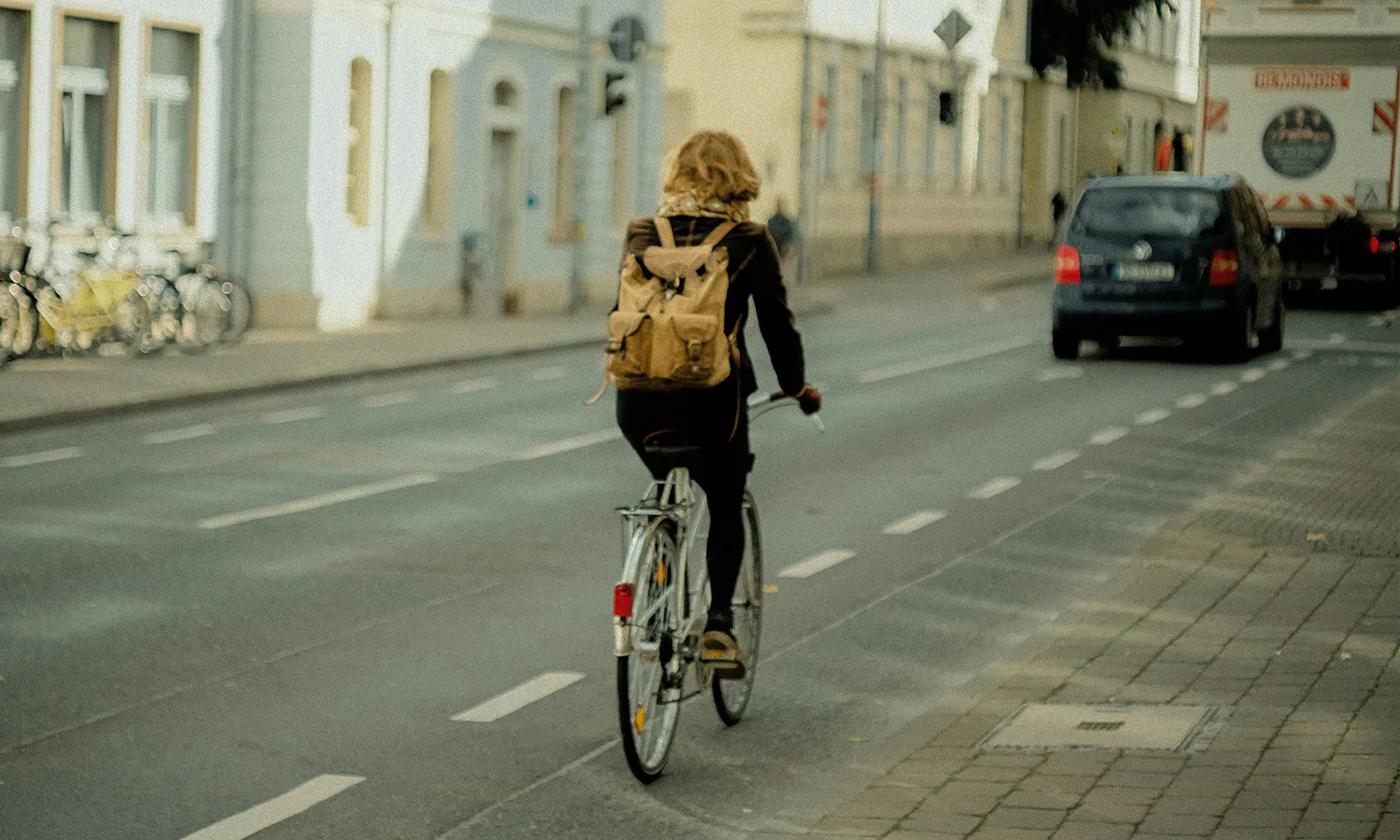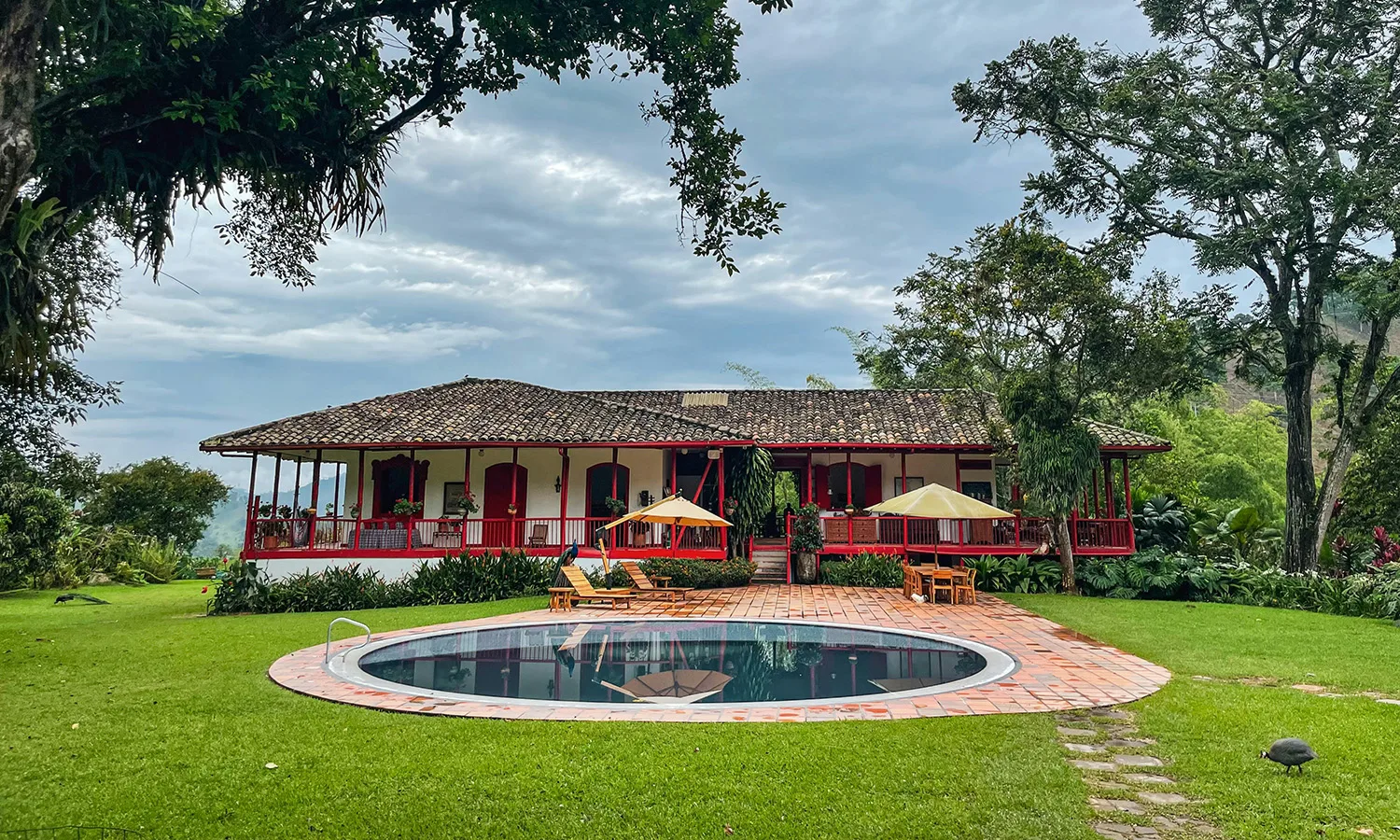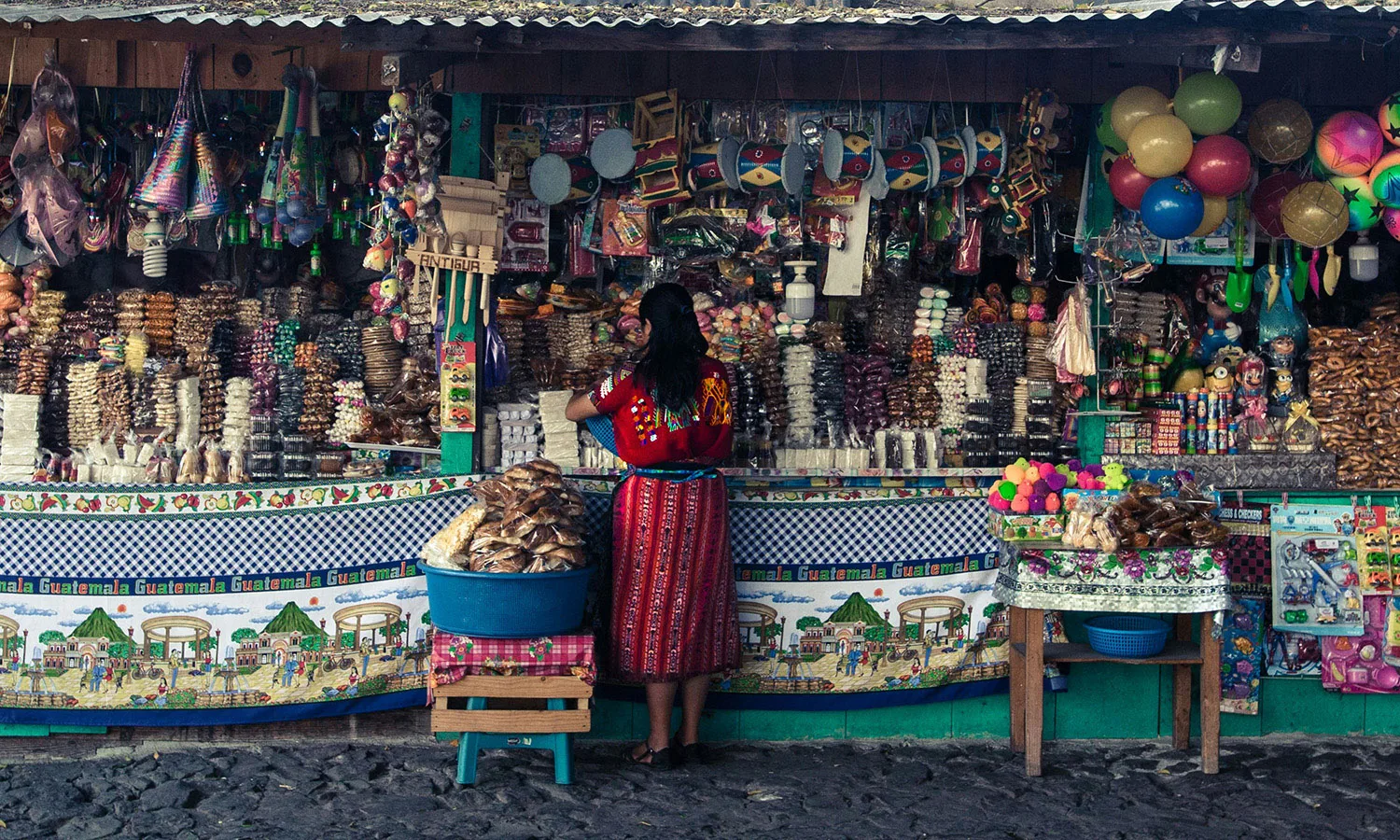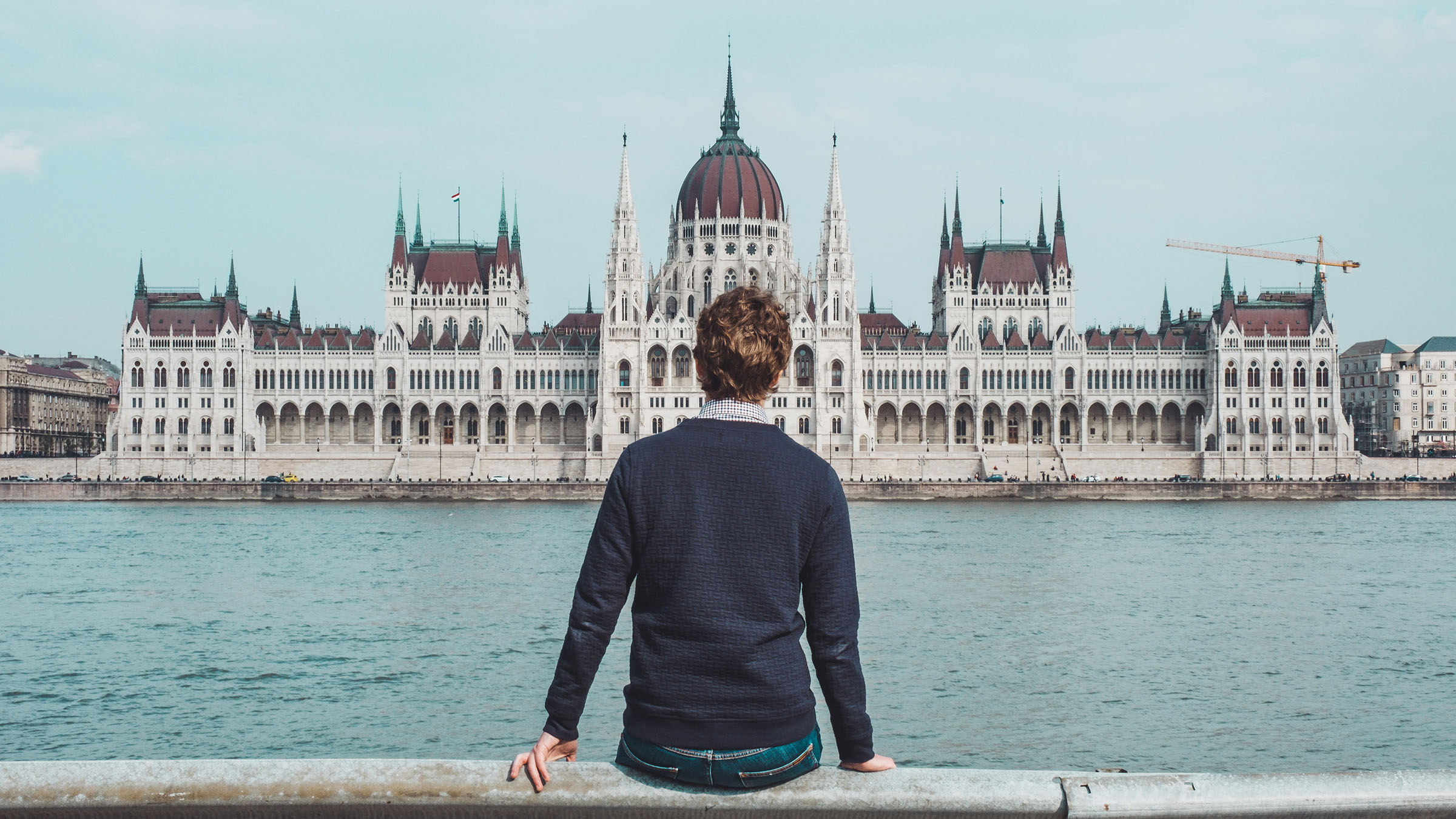Responsible travel may seem like a challenge, but done right, it makes for an exponentially more rewarding, insightful and enjoyable experience. Follow a few simple steps when planning your next trip to become a socially responsible, environmentally sustainable and culturally sensitive tourist.
Choose Your Destination Wisely
If you’re wondering what impact your choice of hotels, mode of transport or dining options will have, back up a little. Where you travel to matters as much as how you travel. When you slow-travel your way to a region that is already suffering from overtourism or book an eco stay in a city dealing with a housing crisis, you’re already starting on the back foot.
Instead, choose a destination that will benefit from your visit as a whole. Holidaying in a structurally weak region can bring a net benefit far beyond the businesses that directly receive your money. Your visit can help create career options for young people, contribute to the maintenance of local infrastructure and support traditional ways of life that are under threat due to economic uncertainty.
A growing number of regions and countries are making responsible tourism central to their development strategy. By travelling there, you support a systematic approach to sustainable hospitality, multiplying its effect by supporting infrastructure, subsidies and effective marketing. Costa Rica, for example, protects 25% of its national territory in conservation areas and runs on almost 100% renewable energy; Bhutan, the world’s first ’carbon-negative country’, measures and promotes gross national happiness while drastically limiting visitor numbers; Greenland, on the frontline of climate change, is limiting cruise ships, banning oil and gas exploration and restricting access to ecologically sensitive areas, focusing instead on community-based tourism, renewable energy and eco-certification.

Go Green To Get There
Once you’ve settled on a destination, the work of reducing emissions begins.
One long-haul flight alone has the potential to supersize your individual carbon footprint for an entire year; the least carbon-intensive way of reaching your destination is by rail.
Catching trains is an easy feat across Europe, in China and Japan. Elsewhere, you can make the journey your destination by settling in for a cross-country rail adventure on scenic journeys like South Africa’s Blue train, Australia’s Ghan, Canada’s Rocky Mountaineer, the USA’s Coast Starlight, or Vietnam’s Reunification Express, to name but a few.
Or, save on hotel stays and simply travel by night, for example on Europe’s extensive network of sleeper trains. If rail travel is not an option, getting there by boat is a close second, so always choose the ferry over a connecting flight, where possible. When a flight can’t be avoided, consider offsetting your emissions.

…And To Get Around
Once you get to your destination, the most sustainable way to get around is on your own two feet – or your own two wheels. Walking and cycling are zero-emission ways of exploring cities (especially if you visit a bike-friendly city), but also great for touring the countryside. Plus, moving slowly gives you an opportunity to take in more of your surroundings, interact with locals and experience the sights, smells and sounds without the dividing element of a windscreen. For greater distances, use public transport, which has the added benefit of supporting local transit infrastructure instead of clogging up the streets and polluting the air with a car.

Choose A Sustainable Stay
Finding sustainable accommodation is easier said than done. Greenwashing is rife in the hospitality industry, and any hotel chain looking to compete will promote its eco credentials, no matter how unsustainable their overall operations may be. The ideal responsible choice is human-friendly, eco-friendly and culture-friendly. The best way to tick all three boxes is to find a locally run hotel, guesthouse or even a homestay. That way, you be sure the profits benefit the local community and the business is run by people who have a vested interest in maintaining the landscape and safeguarding the culture. Before booking, pay attention to efforts to reduce the operation’s environmental impact, for example by using renewable energy and local produce, minimising waste and conserving scarce resources like water.

Think Local
Your accommodation isn’t the only way you can support the local economy. Get your morning brew from the neighbourhood coffee roasters and your evening beverage from the local brewery or vineyard; eat at restaurants offering typical fare, ideally made from locally farmed ingredients; buy your souvenirs from skilled artists and artisans you discover along the way, rather than mass-produced T-shirts or generic plastic bric-a-brac.

Cultivate Connections
Sleeping, eating, drinking and shopping locally comes with added benefits. When interacting with people who live in and know the place you are visiting, you can casually ask for insider tips and get recommendations for your next meal, drink or must-visit location. Many of them won’t necessarily be a part of the formal hospitality industry, so you also get the chance to find out more about life off the beaten tourist track. Finally, you can enquire about their culture and customs, and maybe even learn some phrases that will smooth your way during the remainder of your stay.

Respect The Culture
With a bit of advanced research, and by asking the right questions on the ground, you can avoid becoming the worst pest of all: a rude tourist. Taking steps to familiarise yourself with the language and most important customs is a great way to show your respect to the places and communities you visit, as well as the people you meet there. No-one will expect you to be fluent, but a few words to greet people, and to ask and thank them for something, can go a long way.
Learning some etiquette is equally important. Knowing whether it is rude to show your bare feet, leave your shoes on inside the house, show bare skin in public, use your left hand, or to eat outside designated dining areas will help you avoid embarrassing faux pas anywhere you go.

Volunteer
Voluntourism may sound like the pinnacle of responsible tourism, but it can do more harm than good. Western volunteers paying for the privilege of “doing good” in developing nations can have unintended side effects. For instance, it can destroy local job markets – after all, why pay someone to build a house if someone else will do it for free, never mind if that person is inexperienced and does a worse job than the local professional.
Even if the work volunteers do is truly helpful and needed, like any foreign aid, it can create a dependency and prevent community-driven efforts to address issues. Before dedicating your time to helping a local organisation, make sure that the project is fulfilling a real need and that your specific skill set is needed. Ideally, you can contribute towards the training of locals to keep the project running without external support, and make a meaningful, sustainable change.















Sorry, the comment form is closed at this time.